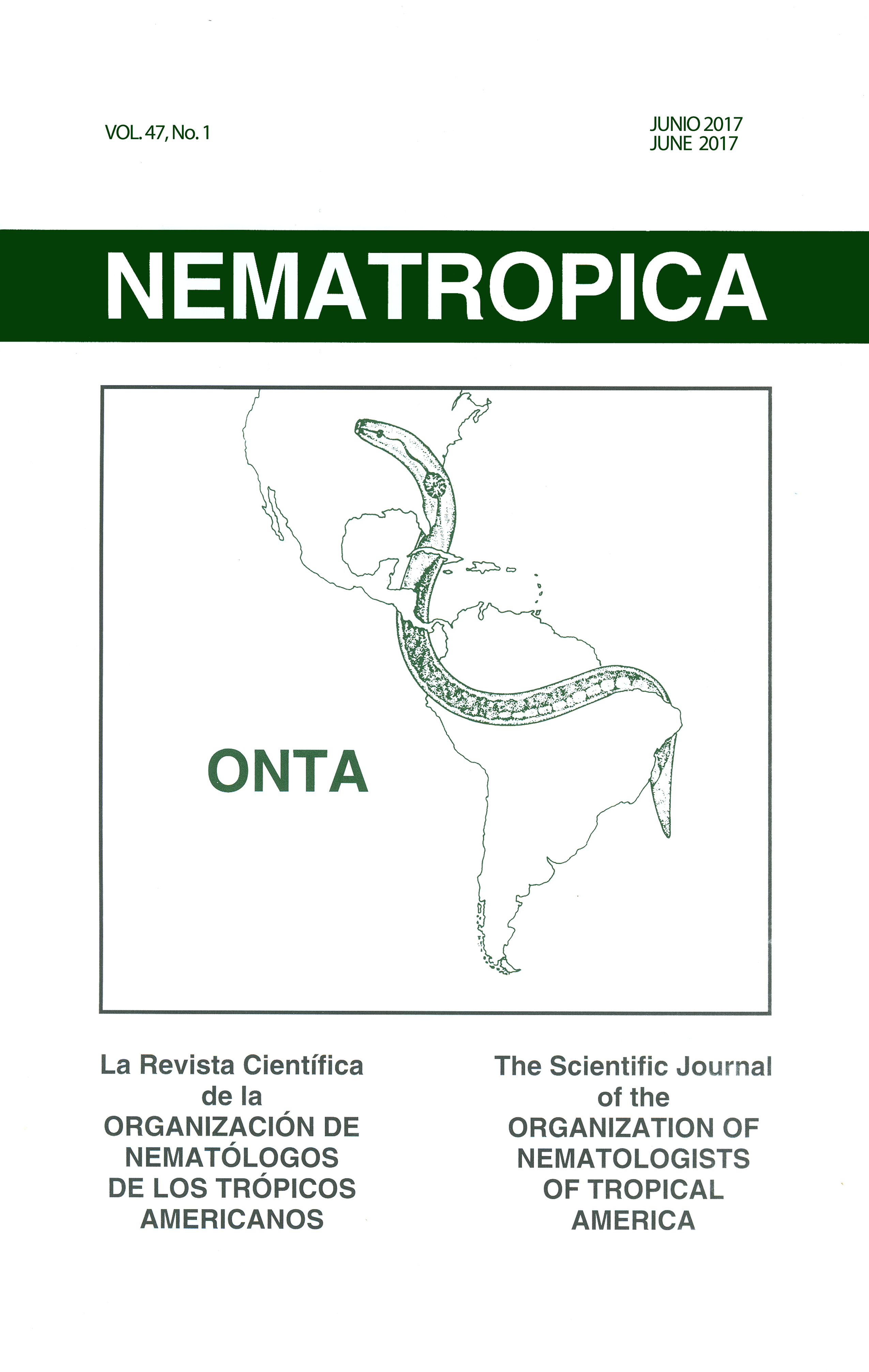USE OF BRASSICACEOUS SEED MEAL EXTRACTS FOR MANAGING ROOT-KNOT NEMATODE IN BERMUDAGRASS
Keywords:
bermudagrass, Brassica juncea, Brassica napus, management, Meloidogyne graminis, seed meal, Sinapis alba, turfgrassAbstract
Plant-parasitic nematodes are difficult to control in intensively managed subtropical turfgrasses. Chemical options for nematode control are limited because of high management costs and increasing health concerns, so there is increased interest in finding alternatives to conventional synthetic nematicides. The objective of this study was to determine the effectiveness of brassicaceous seed meal extracts for control of root-knot nematode (Meloidogyne graminis) in ‘TifEagle’ bermudagrass [Cynodon dactylon (L) Pers × C. transvaalensis Burtt-Davy] maintained as a putting green. Laboratory and field experiments were carried out to evaluate the efficacy of seed meal extracts from Sinapis alba, Brassica juncea, and B. napus for managing root-knot nematodes. In the laboratory assay, infested soil treated with each of the seed meal extracts had significantly reduced M. graminis J2 numbers compared to a nontreated control. Brassica juncea treatments resulted in the fewest J2 in the samples, followed by S. alba and B. napus. In a field evaluation, regardless of seed meal type used, high concentrations (90 or 120 g seed meal/L) reduced J2 populations in a bermudagrass putting green compared to the nontreated control. Seed meal type significantly affected turfgrass quality. Brassica juncea at the 90 or 120 g seed meal/L suppressed nematodes with no phytotoxicity, and showed potential to be used for managing root-knot nematode in bermudagrass. Studies to enhance the nematicidal efficacy and lower phytotoxicity are needed to further examine the full potential of using brassicaceous seed meals for management of nematodes in subtropical turfgrasses.

